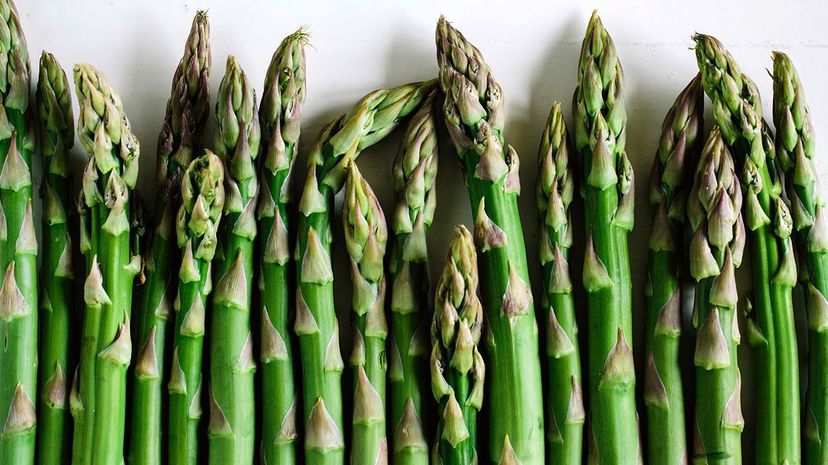
If you're wondering how to neutralize asparagus pee, then you likely belong to an esteemed group — the ones who can smell asparagus pee. A new study published in the British Medical Journal pinpoints the genes likely responsible for the pee smell, as well as` the ability to smell the compounds found in our urine after we eat asparagus.
And they didn't just find one gene variant, but hundreds of them across multiple genes. What the study doesn't address is why asparagus, of all foods, makes our urine stink like rotten eggs, and why our bodies have obviously put so much effort into being able to detect metabolized asparagus in pee.
Advertisement
The phenomenon is well documented. In his novel "Love in the Time of Cholera," Gabriel García Márquez describes the very bad day of Dr. Juvenal Urbino. His friend has committed suicide, his pet parrot is stuck in a tree, and the firemen summoned to rescue it have trashed his house — and in the fracas, his bird escaped.
And they didn't just find one gene variant, but hundreds of them across multiple genes. What the study doesn't address is why asparagus, of all foods, makes our urine stink like rotten eggs, and why our bodies have obviously put so much effort into being able to detect metabolized asparagus in pee.
Advertisement

